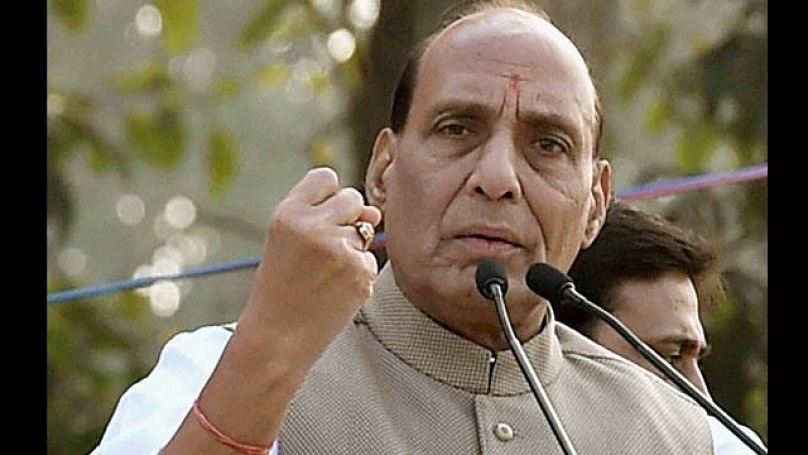A NEW MARK
| Date :12-Feb-2021 |

THAT the Armies of India and China have begun the slow, synchronised, calibrated process of disengagement from the north bank of the Pangong lake and parts of eastern Ladakh, is certainly a noteworthy development. Beijing was the first to talk about it, while New Delhi chose to remain silent for 24 more hours. Then came the word from Defence Minister Mr. Rajnath Singh in the Parliament stating that disengagement has begun. This time-gap between the two statements has its own significance in the handling of the situation particularly with China on the other side of the divide. The Government chose the country’s highest forum to make the official statement on the issue that has occupied the nation’s consciousness for nearly a year.
By so doing, the Government did not allow the Opposition to jump to half-baked political inferences that could distort the reality. Mr. Rajnath Singh made India’s position absolutely clear: We are disengaging without yielding an inch to the other side; we have not allowed any compromise in the security requirements in the areas of dispute; we are monitoring closely what the other side is doing and its manner and method; and we have kept the nation in the fullest knowledge of the latest happening (not just during the time of disengagement but also all along the past one year or so). This candidness has remained the hallmark of the Government’s handling one of the longest stand-offs in the world under extremely hostile conditions.
The whole nation sensed the intensity and sincerity of the Government’s commitment to national security, and believed every word uttered by the leaders of the Government as well as the massive and very efficient security apparatus the country boasts of. Of course, there were a few elements in the political Opposition (and in the media) that doubted the Government’s word. But the common man in the street believed every official word on the ticklish issue and placed an innate faith in the ability of the national leadership to tackle such challenges in the most appropriate manner. Mr. Rajnath Singh’s statement in the Parliament -- of a few statements of Minister of External Affairs Dr. S. Jaishankar in the meanwhile -- demonstrated that caution was the key word in the official thinking. Nobody jumped to conclusions; nobody mislead the people -- in the process creating a national psychology that placed full faith in the national leadership.
Very rarely has a Government in India succeeded in perception-management to such an extent. The reason was simple -- on the other side was China whose complex way of managing strategic and diplomatic issues, and the Government wanted to take no chances. Caution, greater caution, and extreme caution was the path the Government chose. It was this no-nonsense approach of New Delhi that frustrated Beijing no end. It had taken certain experience-based calculations about India for granted. But what the Chinese faced was an entire different Indian response whose complexity was for deeper than they had ever thought of. All those factors were visible in the Defence Minister’s statement in Parliament. He was direct but discreet, open but guarded, clear but cautious -- highlighting the crux of India’s approach all along during the stand-off that also saw some violent but unconventional military action like in the dead of the freezing night in Galwan Valley, a true tit-for-tat response with a genuine intent even to accept open confrontation as a potential possibility. India was unafraid of going to war, if needed.
All things said and done, the Government’s thought and action indicate an extremely cautious approach -- out of courage and not out of timidity. That was the thing that perplexed the Chinese all the more because it ran counter to their previous experience with India, with Doka La stand-off as an exception. In eastern Ladakh, however, India established the benchmark India’s upward strategic and diplomatic evolution.